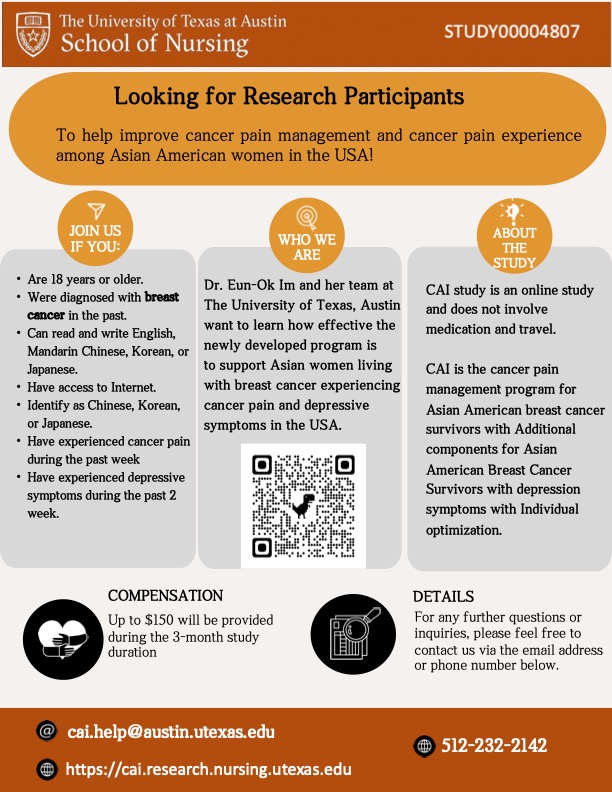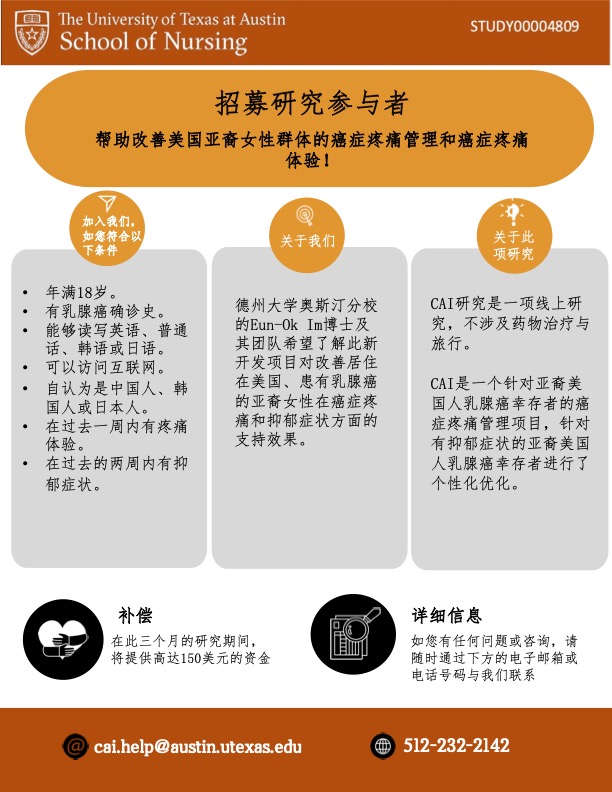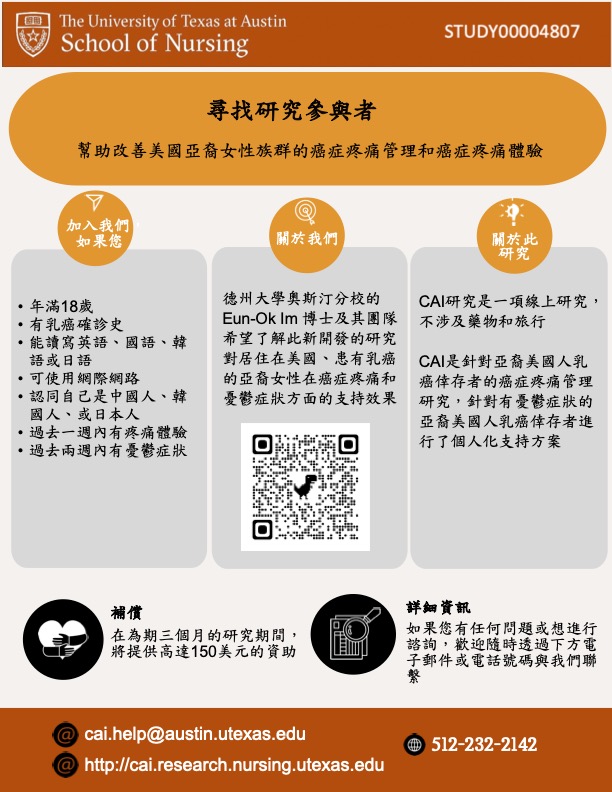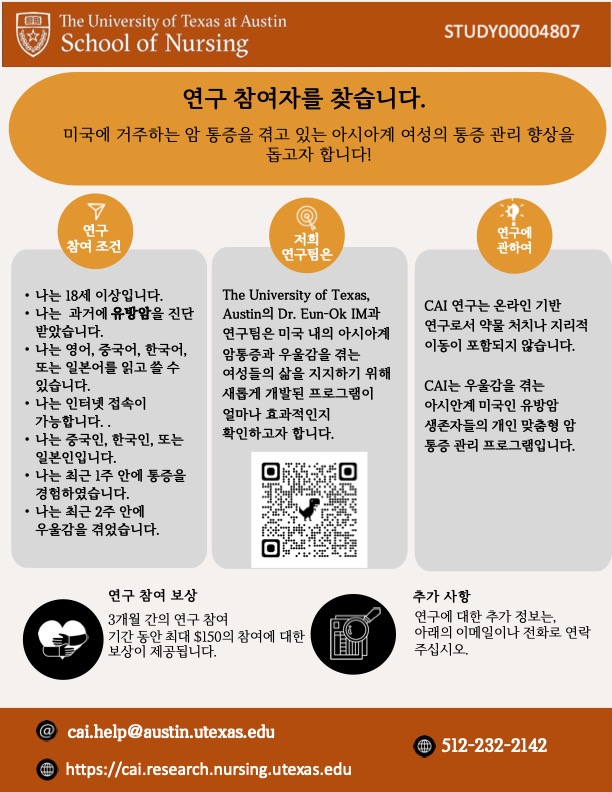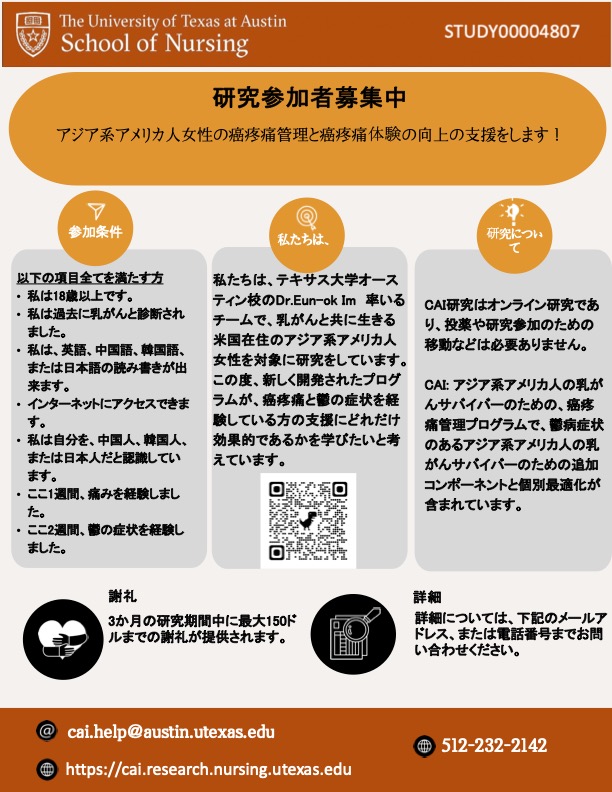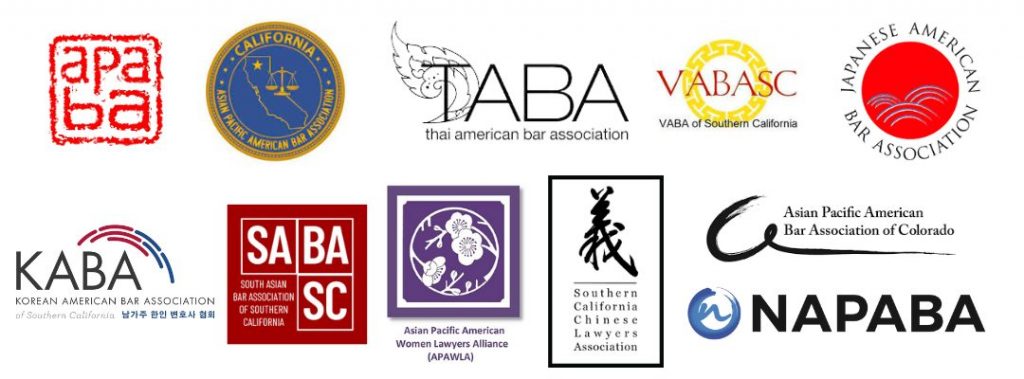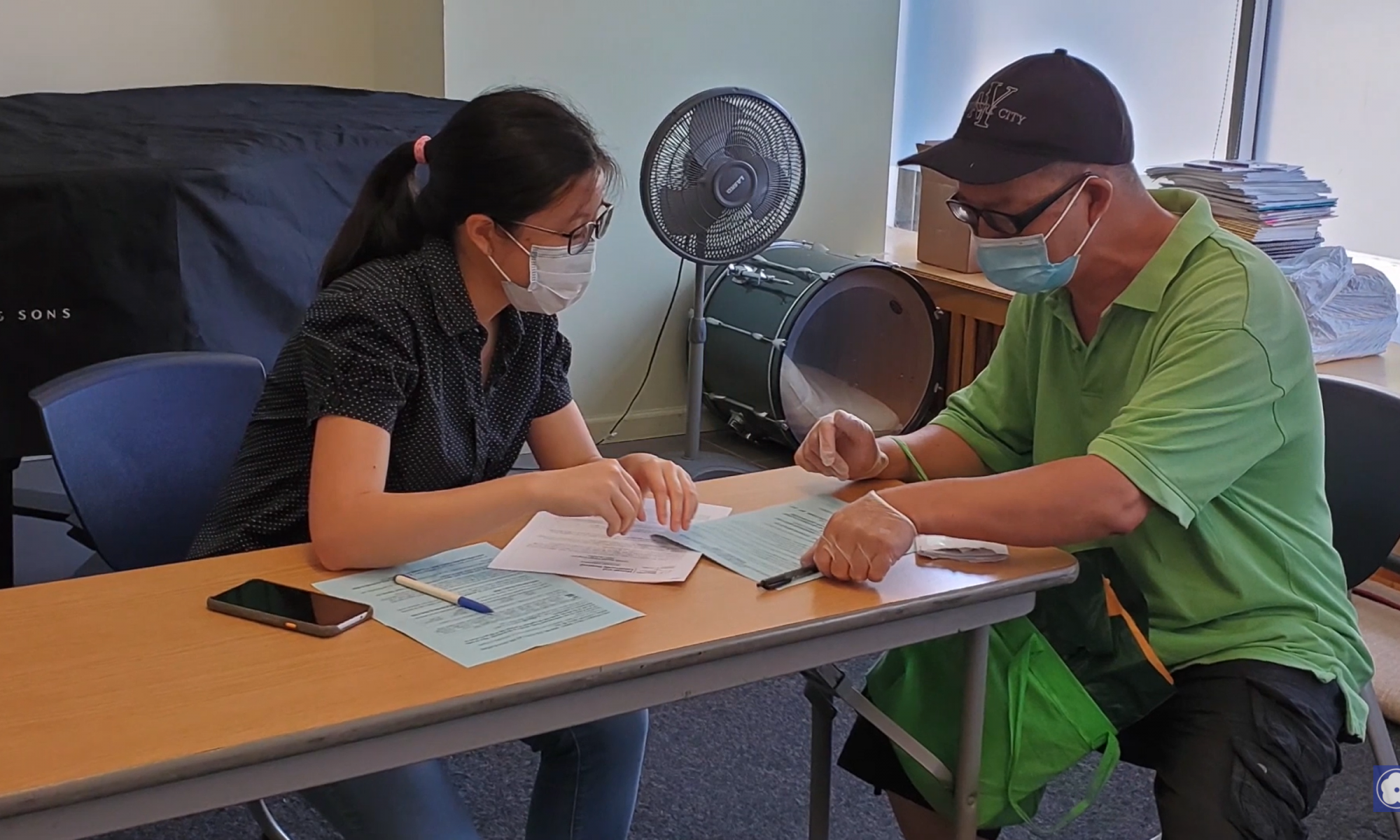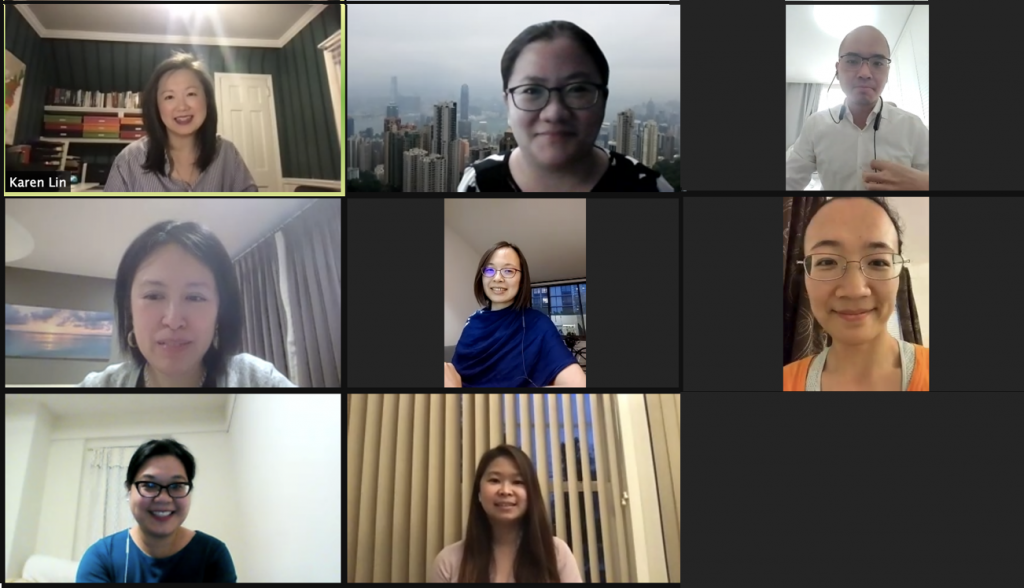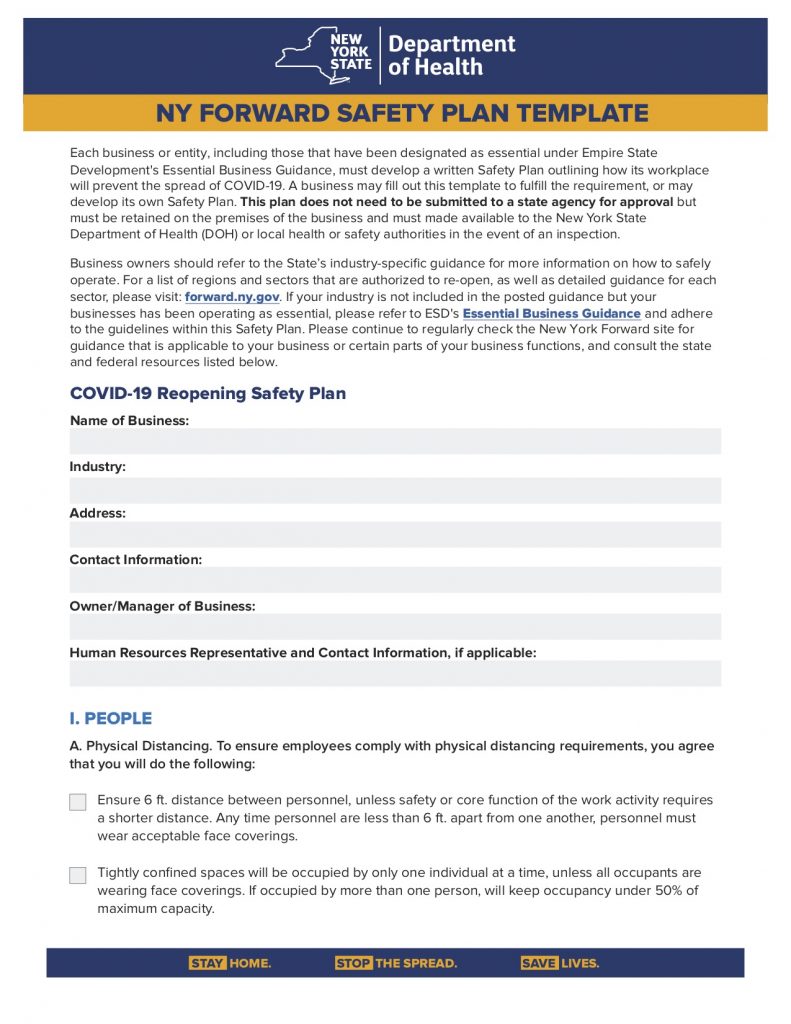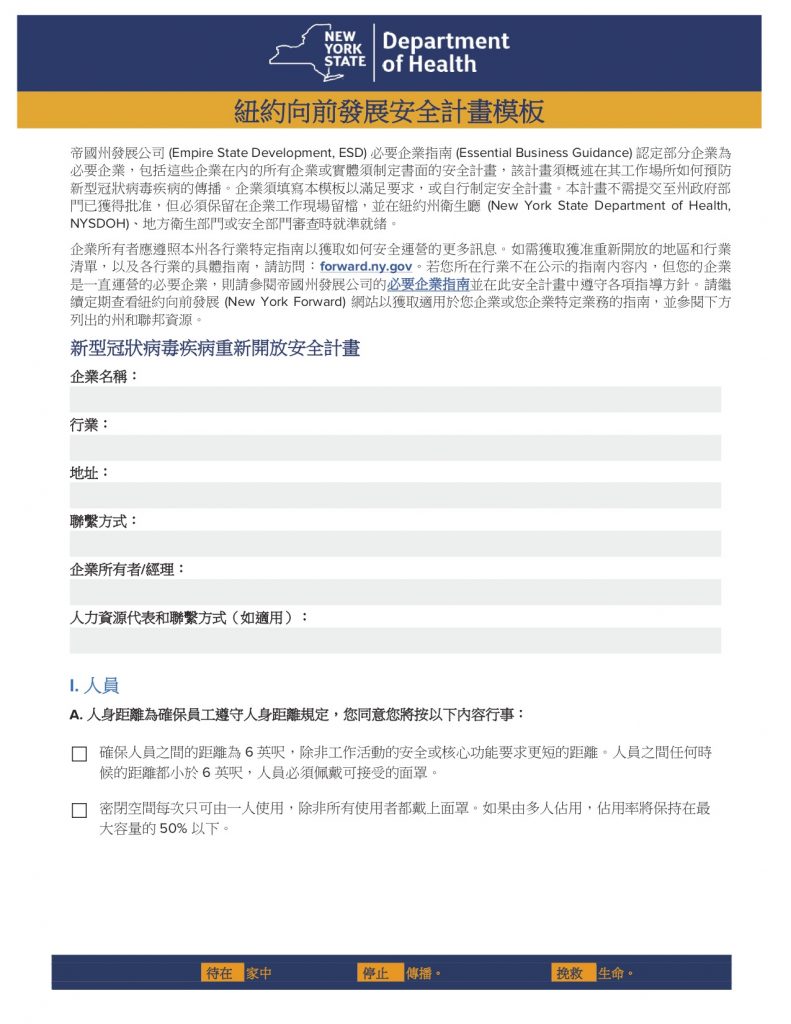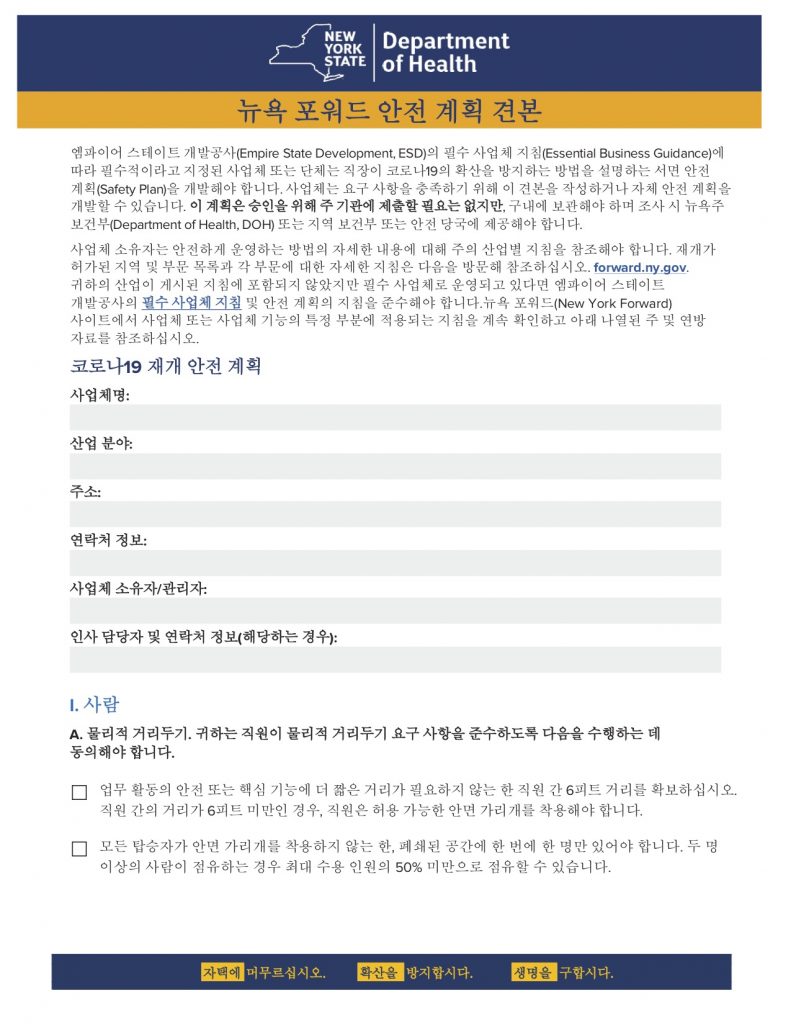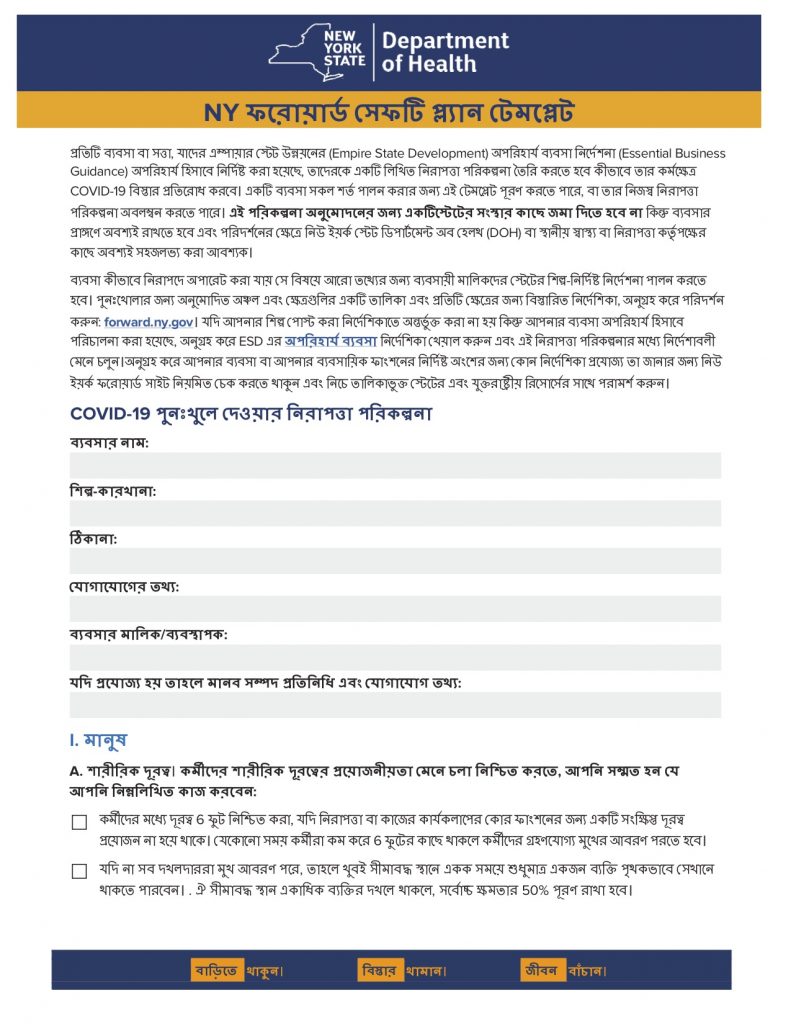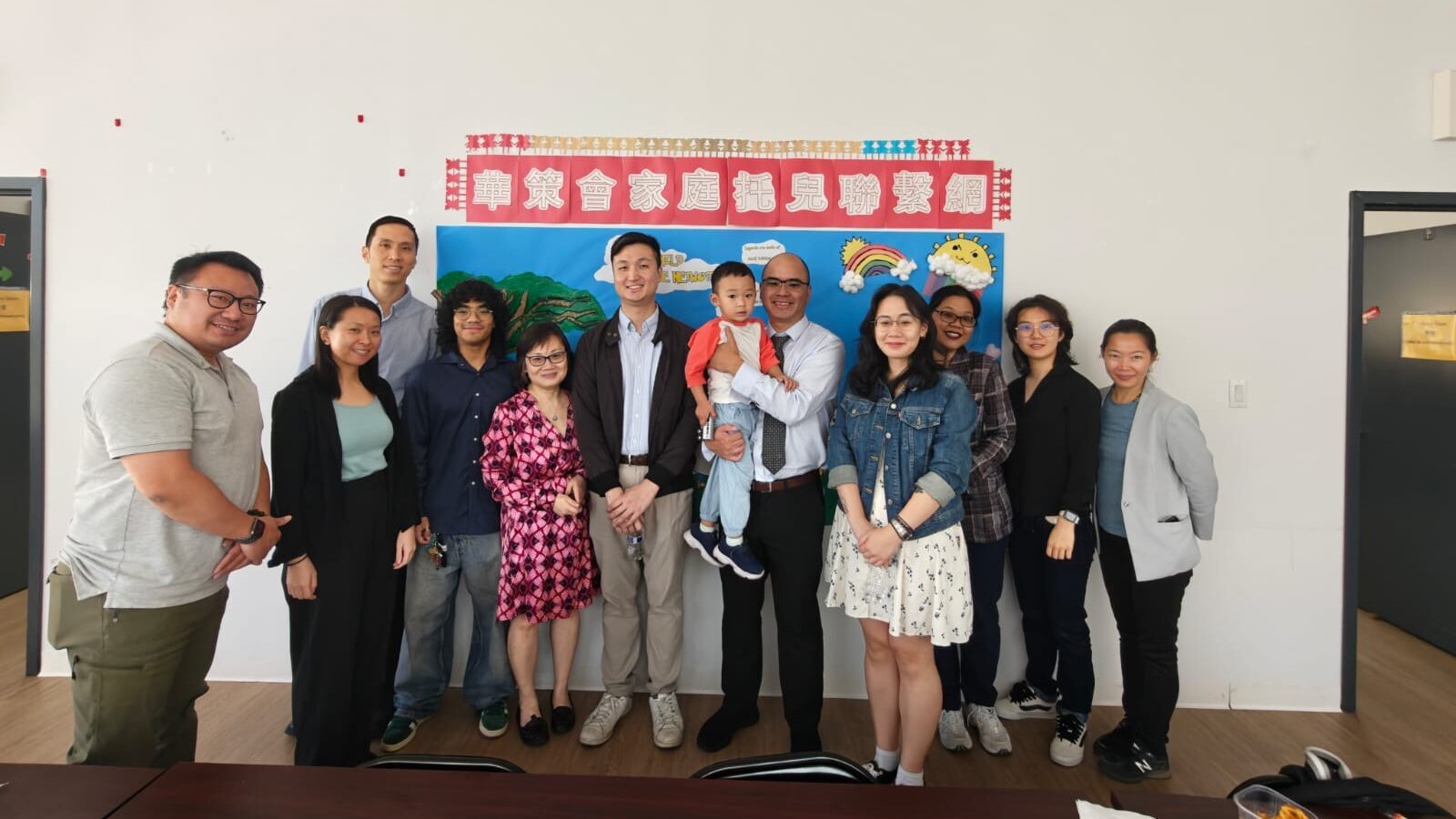
We extend our sincere gratitude to AABANY, AALFNY, PBCS, CPC, RaisingHealth and all the dedicated volunteers who contributed to the success of our pro bono legal clinic and our community outreach activity at RaisingHealth’s Health Empowerment Celebration
in Brooklyn on September 20th, 2025.
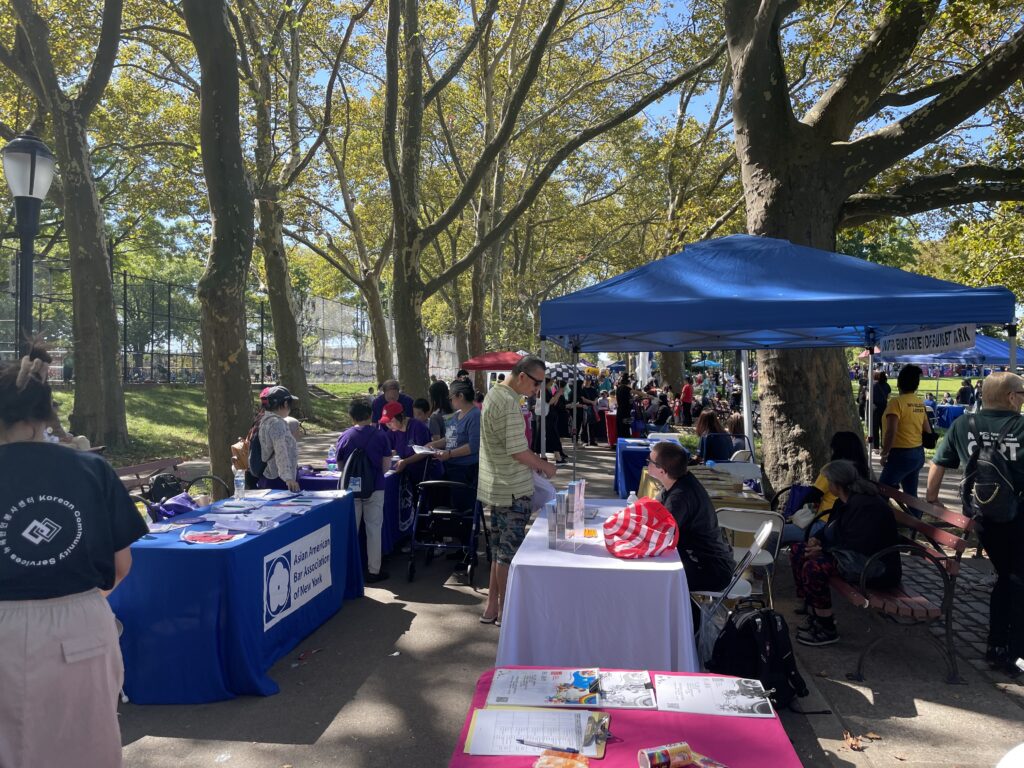
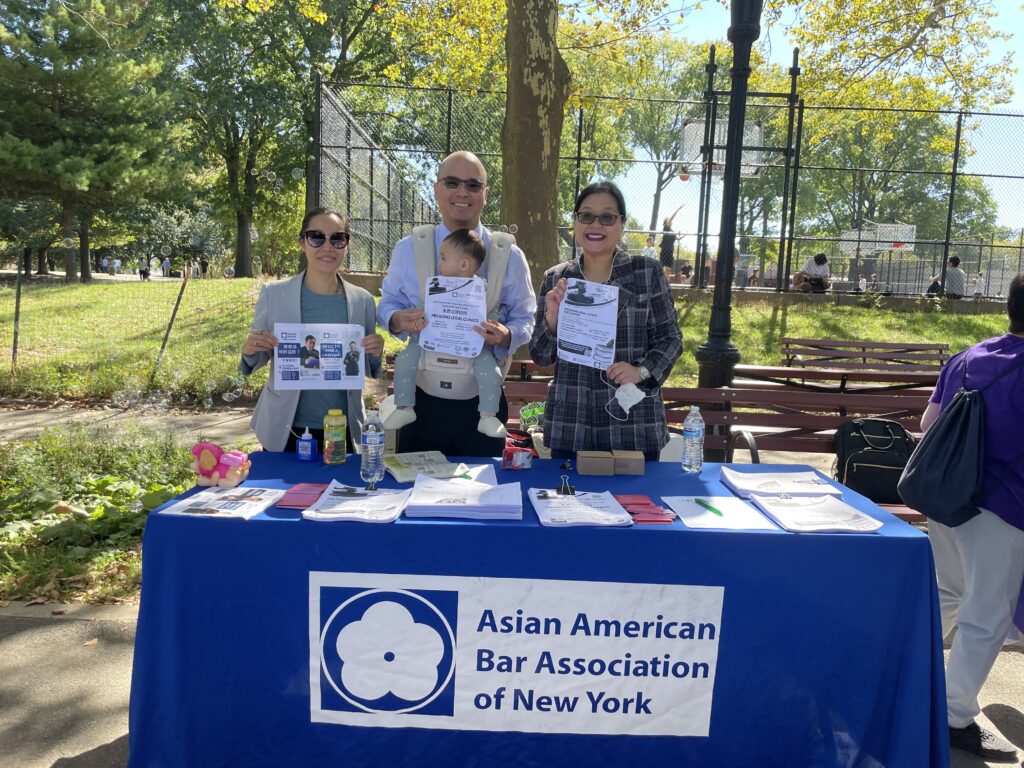
Kwok Kei Ng (Co-Chair), May Wong (former Co-Chair) and Nandar Win Kerr (Treasurer and Impact Consultant) of the Pro Bono and Community Service (PBCS) Committee hosted a community outreach table at the RaisingHealth’s Health Empowerment Celebration event. We effectively referred guests with legal questions to the pro bono legal clinic in real-time and distributed “Know-Your-Rights” brochures on immigration law in Chinese and Spanish, upcoming pro bono clinic flyers, and information about AABANY’s legal referral and information service. Our participation highlights our commitment to community lawyering and addressing current immigration rights issues, including constitutional rights and fraudulent schemes targeting vulnerable immigrants. By utilizing our legal knowledge, language skills, and resources, we aim to build relationships with local communities and advocate for policy and social changes.
During the clinic, our small but mighty team of volunteers provided invaluable assistance to 28 clients, addressing a range of legal matters including housing, immigration, civil litigation, personal injury and employment. Our volunteer attorneys and interpreters thoughtfully addressed client concerns, offered clarity through their answers, and facilitated connections to appropriate legal resources via AABANY’s Legal Referral and Information Service (LRIS).
We are committed to offering services in both Mandarin and Cantonese to ensure continued support for individuals facing linguistic or cultural barriers when seeking guidance on substantive and procedural legal matters.
We especially want to thank all the volunteers at the September 20th Brooklyn Pro Bono Clinic for their time, professionalism, and invaluable contributions. Your dedication, including staying later than necessary to ensure no guest was turned away, is truly admirable.
Volunteer attorneys:
Ben Choi
Arthur Lin
Kwok Kei Ng
May Wong
Jameson Xu
Karen Yau
Interpreters/shadowers:
Elaine Ou Yang
Qi (Ellie) Wang
Francisco Yau-Smith
Wendy Zeng
We invite you to continue supporting our community by joining us at our upcoming Pro Bono Clinics:
October 1st [Queens link here], from 6:30 – 8:30pm, One Flushing Community Center, 133-29 41st Ave, 2nd Floor, Flushing, NY 11355 (We have guest speakers from NYC MOIA regarding immigration resources. Please join us!)
October 15th [Manhattan link here] from 6:30-8:30pm, AAFE Community Center, 111 Norfolk Street, NY, NY 10002
November 8th [Brooklyn link here], from 12:30 – 3:30pm, CPC Brooklyn Community Services, 4101 8th Avenue, Brooklyn, NY 11232
Thanks once again to all our volunteers for attending the Pro Bono Clinic. We look forward to your participation in our future clinics!
To learn more about the Pro Bono & Community Service Committee, visit probono.aabany.org.


